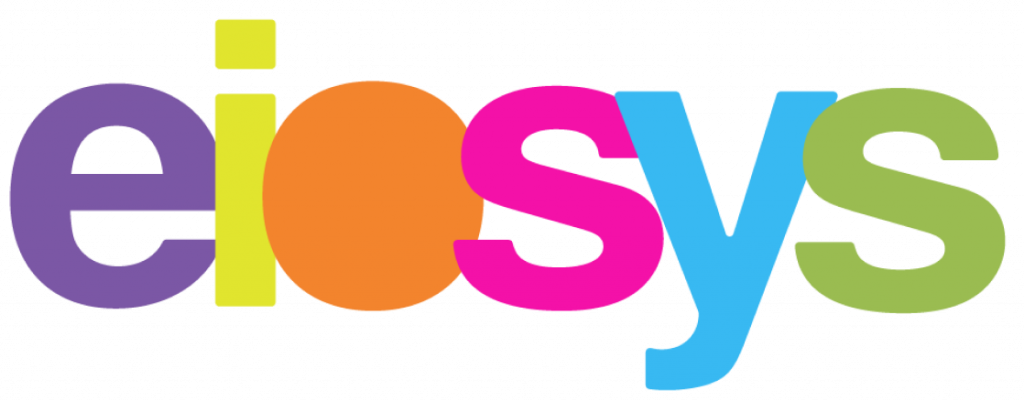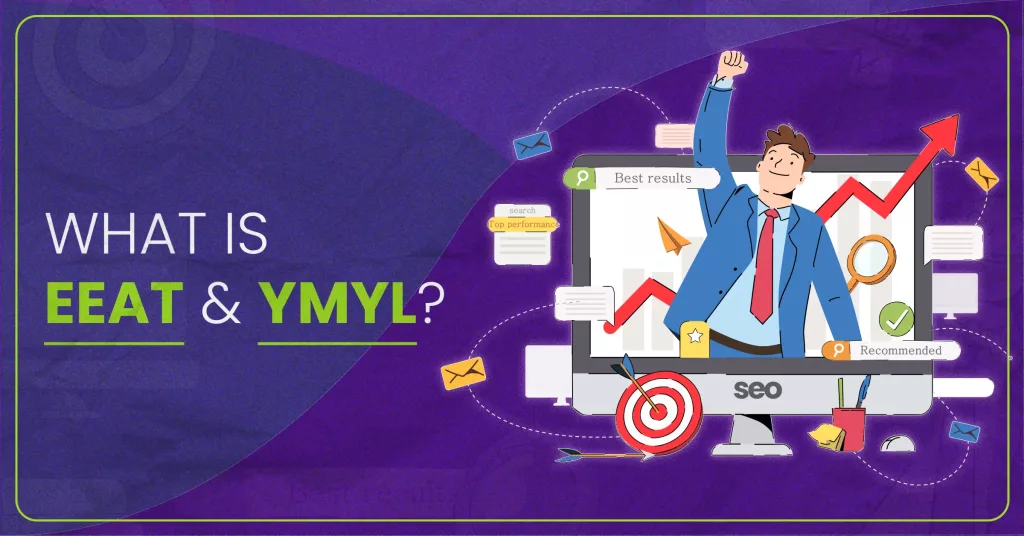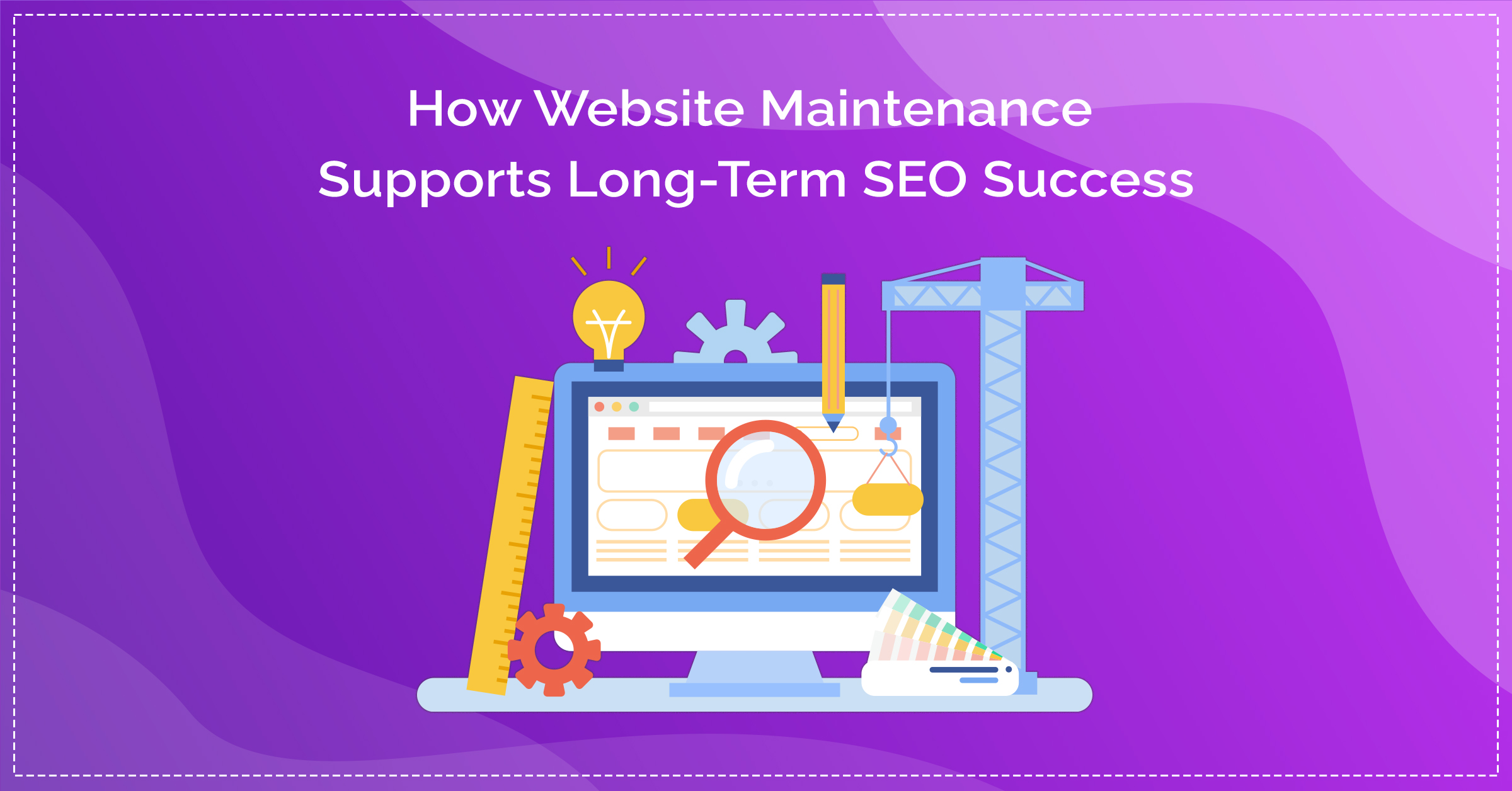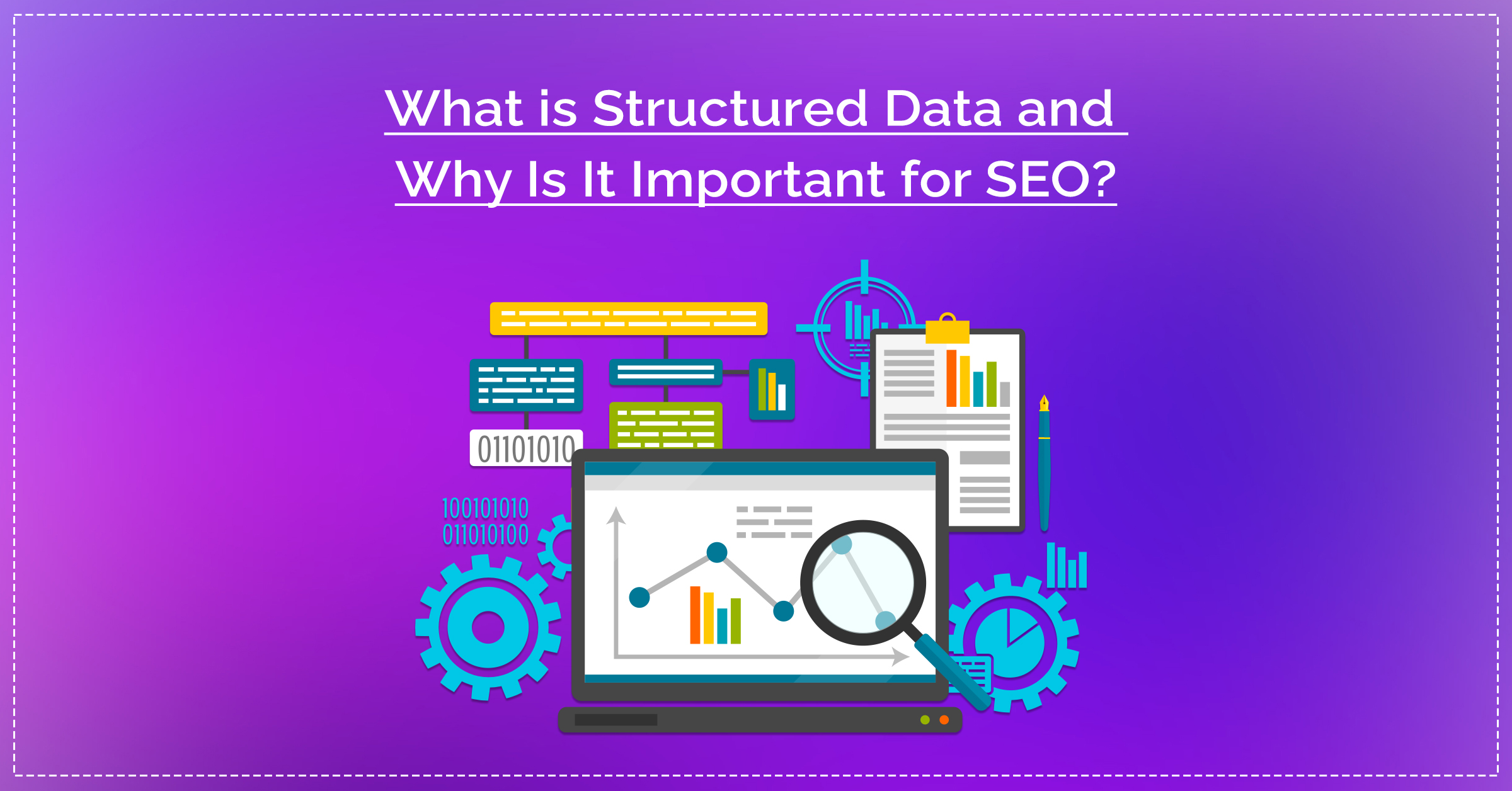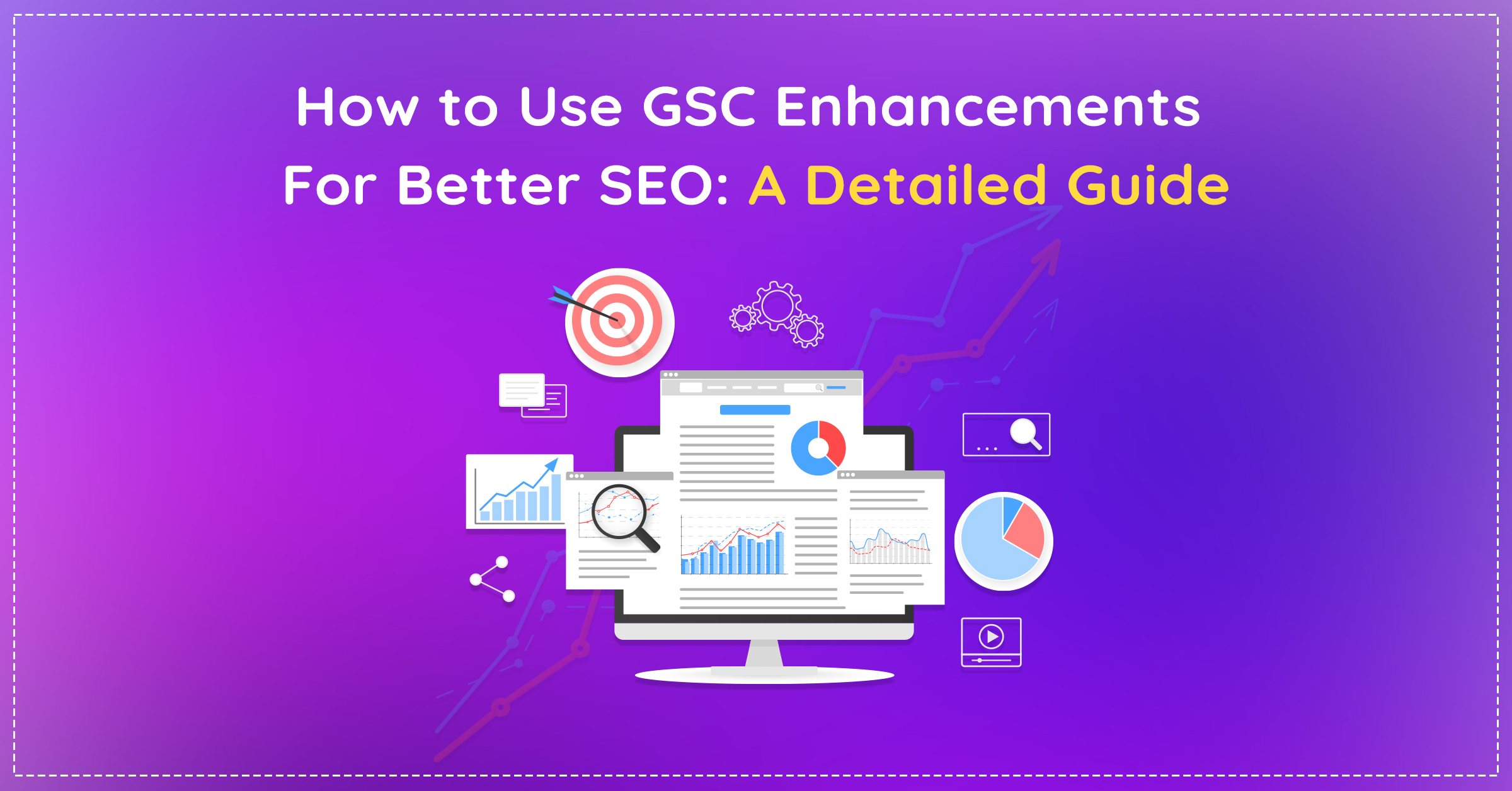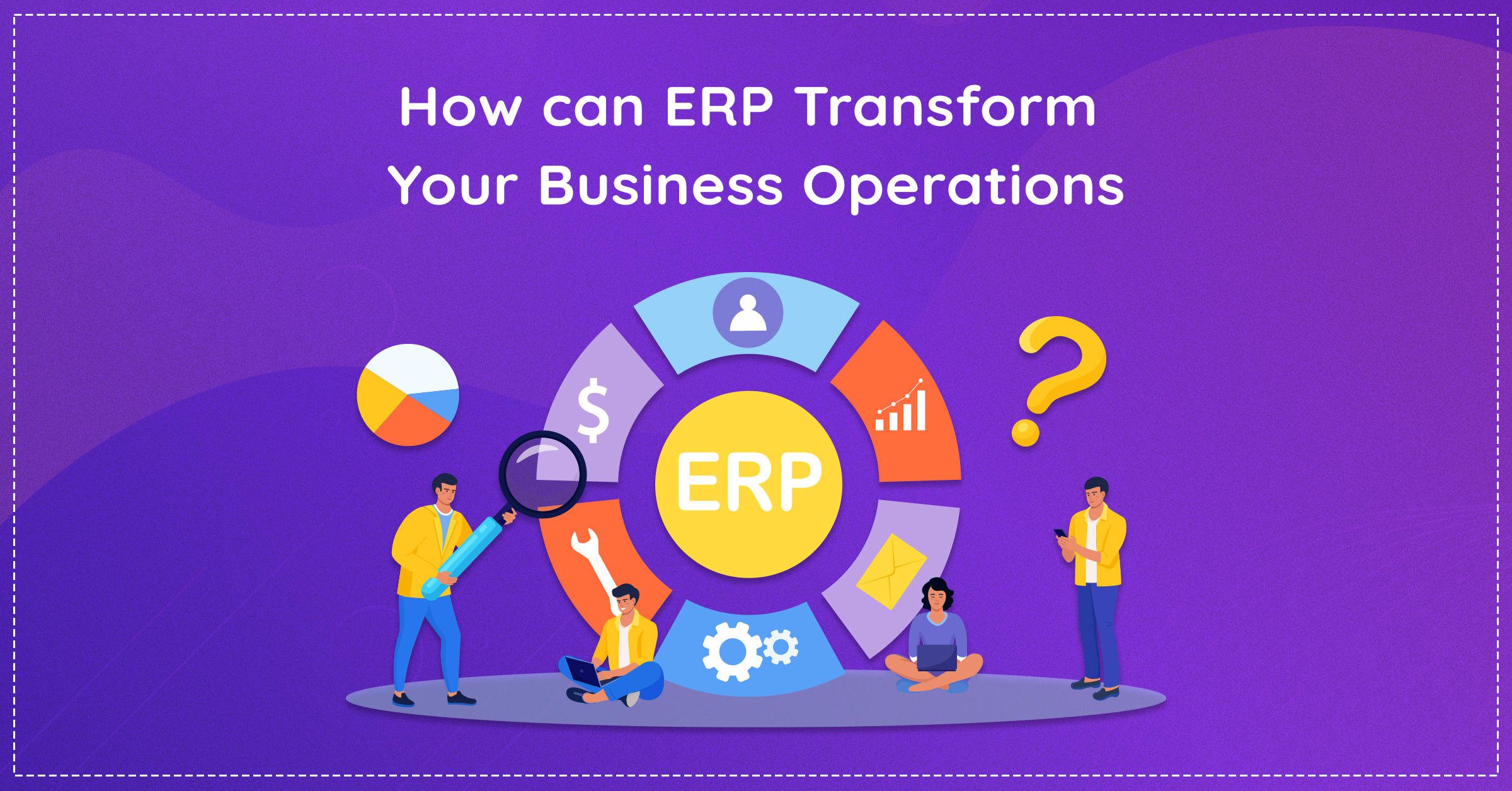In this blog, we give a detailed description of the popular terms used in SEO i.e. EEAT and YMYL.
The key to success in boosting your organic traffic lies in creating high-quality content that answers what the user wants to know. Google recognizes and rewards websites that are able to do this successfully.
Google uses two concepts to assess content quality – E-E-A-T and YMYL.
EEAT stands for Experience, Expertise, Authoritativeness, And Trustworthiness. These are essential qualities that determine how trustworthy and reliable information is online.
Some topics can impact a person’s financial well-being, health, and safety. Google calls these topics YMYL – your money or your life.
This blog will take you through the intricacies of EEAT and YMYL and how both these concepts affect SEO.
What Is EEAT?
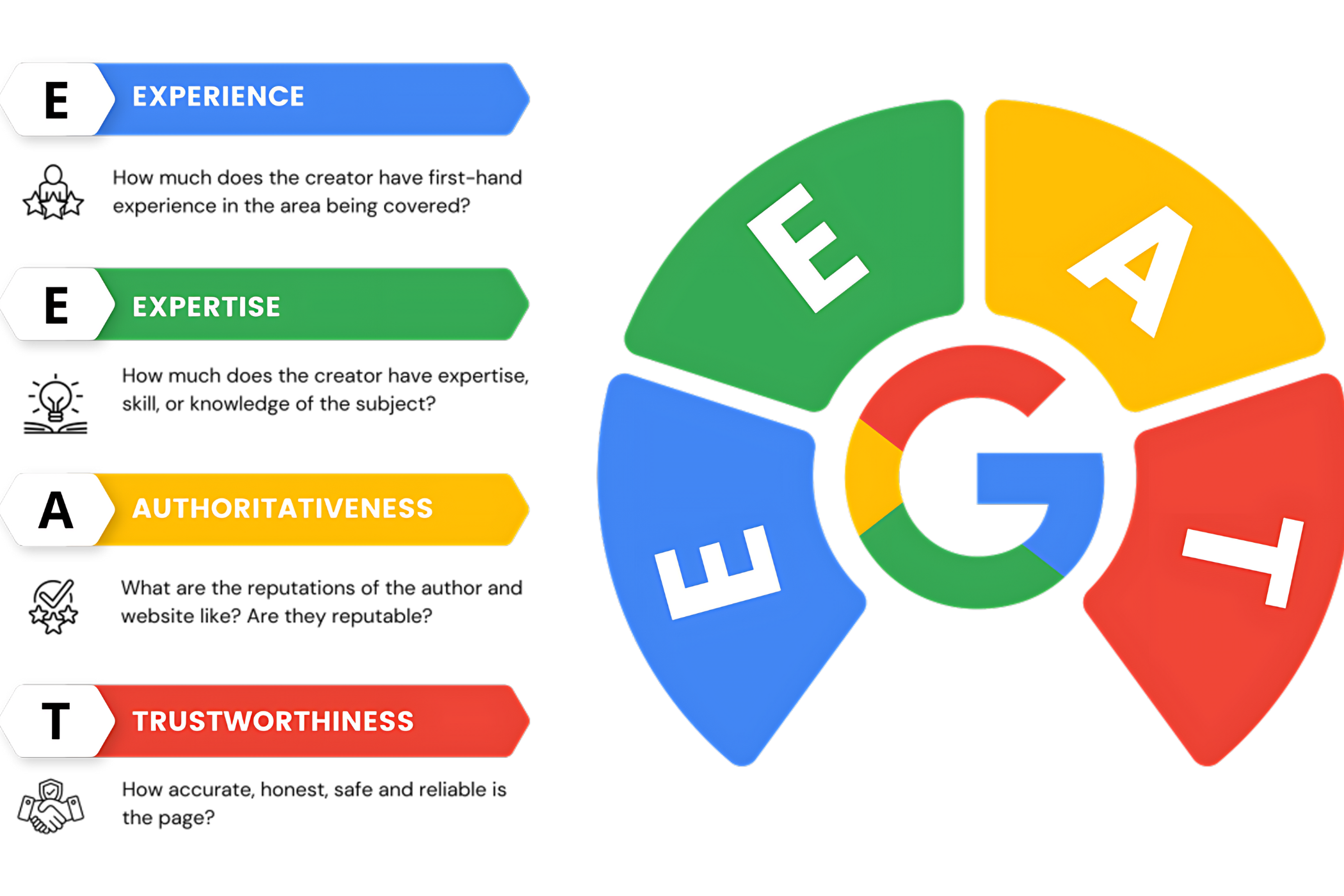
The concept of EEAT (Experience, Expertise, Authoritativeness, Trustworthiness) is a part of Google’s search quality rater guidelines. While EEAT is not a ranking factor, it’s still an important concept in SEO as Google wants to serve results with strong EEAT. High EEAT increases user confidence and boosts your website’s conversion rate.
Imagine searching for medical advice – you’d likely trust a hospital website that has experience, holds expertise, is a renowned medical institution holding authority, has a strong privacy policy and is trustworthy. EEAT ensures that online content is safe, accurate and worthy of your confidence.
Let’s further break down each component in EEAT.
Experience
Google appreciates content creators who provide valuable and expert knowledge. Google gives high priority to these content creators because they have depth knowledge and experience in this. These individuals may contribute to reliable and productive pages.
Expertise
This means being knowledgeable and skilled in a specific area. For instance, if you’re seeking advice about home repairs, you’d trust a website written by a licensed contractor more than one by someone without any experience in that field. Demonstrating expertise shows that the information shared is accurate and reliable. After publishing the information, the bots will crawl the entire website and check if the content is written by experienced authors or not.
Interesting read: Check out our blog on top SEO metrics to monitor for a project.
Authoritativeness
Being authoritative means being a credible and respected source. If you’re looking for financial advice, you’d be more likely to trust a website endorsed by financial experts or institutions. For example, WebMD is a well-known publication for medical expertise while Moneycontrol is a prominent website for finance and investments.
Trustworthiness
The system’s central pillar is trustworthiness. Google claims that trust is an essential component of E-E-A-T since untrustworthy pages perform poorly in E-E-A-T, no matter how knowledgeable, experienced, or authoritative they appear. Provide information about the creator in your content. Always include author’s bio for transparency and to create trust in customer’s minds.
EEAT encourages authors, especially when writing about legal, financial, or medical matters, to show their experience, skill, and authority. For instance, people or organizations having the necessary medical skills or accreditation should write or publish medical advice.
This brings up Google’s other key idea, YMYL. Find out what it is now.
How Do YMYL Pages Work?

The “Your Money or Your Life” (YMYL) pages discuss issues that may affect a person’s long-term happiness, health, financial security, or safety. A YMYL website might, for instance, describe how to maximize your 401(k) for retirement. A diabetes diagnosis and its treatment is another example of a YMYL page.
The phrase “YMYL” is taken from Google’s recommendations for quality assessors. An army of contractors known as Google quality evaluators rates search results by predetermined standards. Their work helps Google enhance search results’ caliber and train AI-based algorithms. They are given guidelines on how to assess the quality of online pages.
What Makes YMYL Pages Important?

YMYL pages stand out from other content because they might harm people’s health or finances.
Imagine you wake up with a bad cough and search “cough remedies” online. If you find the wrong advice, it could make you sicker. Similarly, think about looking for “best investment tips in 2023” and getting incorrect information can hurt your finances. To stop this, Google has strict rules for YMYL pages.
How Can EEAT Be Improved
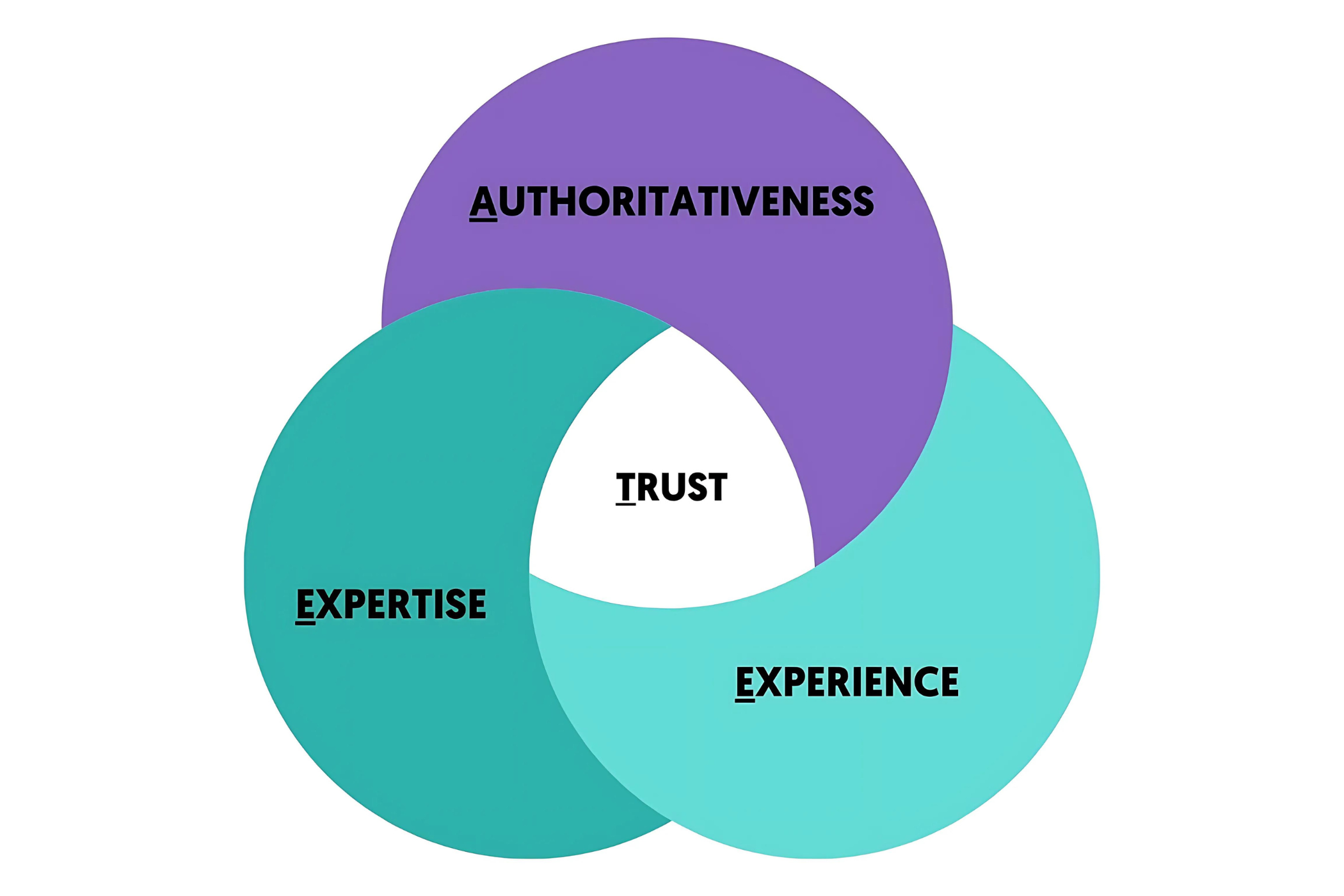
Producing superior content can be difficult, but ensuring users trust your website adds another complexity, especially for web admins who control YMYL resources. Fortunately, several simple yet efficient methods exist for improving EEAT on websites.
Produce Original And Superior Content

Crafting unique content is the crux of enhancing the EEAT factor of your website. While creating content, always write for users rather than search engines. Create original articles, videos, or infographics that provide accurate and important information.
If required, it can be a good approach to add citations to official sources. A well-researched and unique content shows your expertise and builds trust among the audience. You can even update your old content with the latest facts and information to enhance the trustworthiness and credibility of your website.
Check out our blog on best copywriting tips for websites to help you complete this activity effectively.
Get Backlinks From High Authority Websites

When high-authority websites in your niche give a link to your content, it’s like a vote of confidence in your website’s reliability. You can get backlinks from high authority websites by guest posting or contributing insightful comments on the content of that website.
These backlinks act as pathways that lead users to your site, showing search engines that others vouch for your content. Remember, quality matters more than quantity – a few authoritative backlinks can have a stronger impact than many from less trustworthy sources.
Update the Author’s Bio

When you update details like the author’s background, qualifications, and professional photo, it shows transparency and expertise. Including a link to their LinkedIn profile allows readers to verify their credentials easily. This personal touch humanizes the content and builds a stronger connection with the audience.
Updating the author’s bio or who reviewed the article is crucial for websites that create content in the niche of health, law, and finance. When readers know the author is real and knowledgeable, they’re more likely to trust the information shared.
Leveraging User-Generated Content

Monitoring and encouraging user-generated content (UGC) is a valuable way to boost your site’s E-A-T (Expertise, Authoritativeness, Trustworthiness) and enhance its credibility. UGC, created by regular people who use your products or services, can build trust and loyalty. Research shows that many online shoppers are influenced by UGC, making it essential to have your customers support your brand.
To gather UGC and improve your E-A-T, inspire happy customers to share photos and tag your brand on social media. Reach out through emails or run contests for more posts. Using hashtags, contests, engaging with fans, and even partnering with influencers can further harness UGC’s power. Always ask for creators’ permission and give them credit when you showcase their content.
Establish A Positive Brand Image

Creating a good reputation for your brand means handling both good and bad reviews well. When responding to negative feedback, address the concerns politely, and empathetically, and offer solutions to rectify the issue. This demonstrates your commitment to customer satisfaction and problem-solving.
When people say good things, thank them and be happy with them. Answering reviews shows you care about customers. Doing this a lot makes people trust and like your brand more. It’s like making friends with customers online. This helps your brand become well-liked and known for being good.
Check out our other interesting blog related to SEO: Image Optimisation Techniques. Don’t forget to read that blog after completing this.
Include Trust Indicators All Around The Website

Trust factors are a collection of particular qualities or components that assist in making your website more reliable in the eyes of consumers and search engines. If you have a Google My Business listing, include accurate information like contact number, address, and timings. Improving your business details and About Us page is also important. For instance, make and update your About Us page with information about your achievements, certificates, the story of your team and how you started the business, or even a portfolio and client testimonials.
Final Thoughts
I hope this blog gives you a clear understanding of the terms EEAT and YMYL.
In the digital landscape, credibility reigns supreme. Upholding EEAT principles (Expertise, Authoritativeness, Trustworthiness) not only establishes trust but also enhances your online presence. Remember, authentic content, positive customer interactions, and valuable user-generated contributions build a robust reputation.
Looking to elevate your brand’s credibility and visibility? Consider partnering with Eiosys for top-notch SEO services in Mumbai that align with EEAT standards. Strengthen your online presence today!

